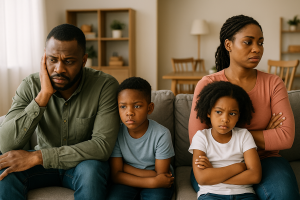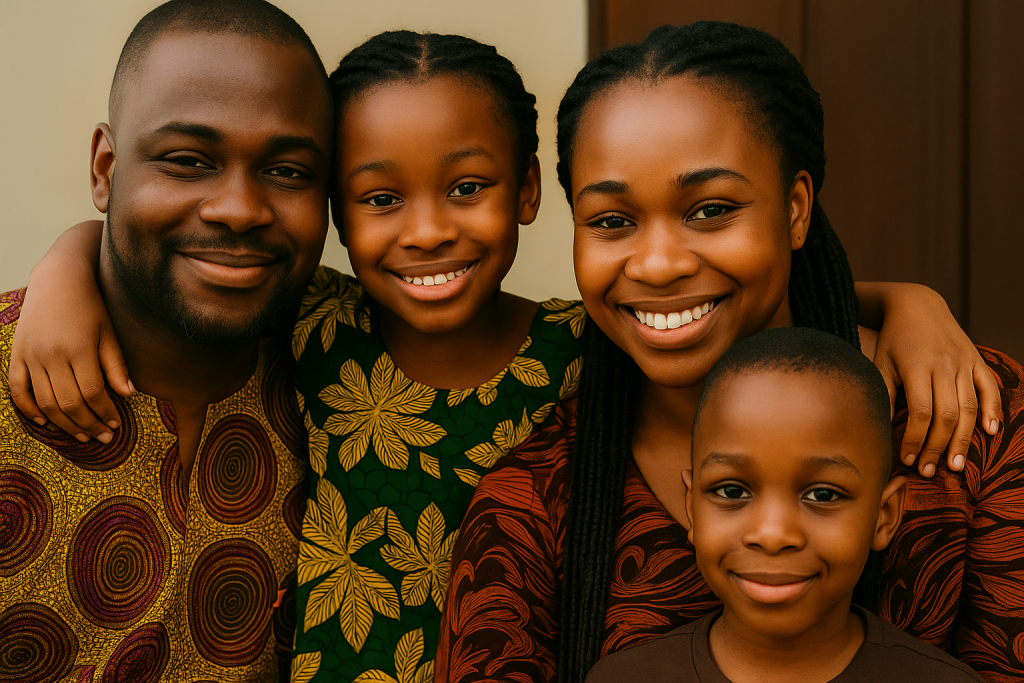In recent years, Nigeria has witnessed a steady increase in divorce cases. This challenges an established cultural and religious norm that traditionally accentuate the sanctity and permanence of marriage. While marriage is still significant across the country, economic hardships, varying social values, and generational shifts are gradually altering the way Nigerians view and experience wedlock.

Divorce Trends
According to recent statistics published by Divorce.com cited by The Nations Newspapers, Nigeria’s divorce rate stood at 2.9% in 2023. This figure, amounting to roughly 1.8 divorces per 1,000 people, may appear modest compared to some Western nations, but it marks a significant increase from previous years and places Nigeria among the countries with the fastest-rising rates globally.
In cities like Lagos, Abuja, and Port Harcourt, courtrooms are reporting higher volumes of divorce petitions, especially among younger couples. In Kano State, 2022 research conducted by BBC disclosed that more than 32% of marriages ended within six months, a figure that alarmed social workers and family counselors.
Causes
Some marriage counselors have attributed the rise in divorce rates to a mix of economic, cultural, and psychological factors:
• Economic Strain: Nigeria’s ongoing economic challenges, including inflation and job instability, have placed immense pressure on marriages. Many couples cite financial incompatibility and lack of support as key reasons for separation.
• Changing Social Norms: As more women gain access to education and employment, there has been a shift in expectations regarding gender roles and marital responsibilities. This empowerment has led to an increased willingness among women to walk away from abusive or unfulfilling marriages.
• Infidelity and Trust Issues: Many divorce filings cite infidelity, lack of communication, and emotional neglect as the root causes. The rise of social media and digital communication has also added new layers of complexity to modern relationships.
• Early and Unprepared Marriages: Marriage experts note that many young Nigerians rush into unions without adequate preparation or understanding of their partners. Unrealistic expectations, family pressure, and societal trends often lead to short-lived marriages.
Cultural and Regional Differences
In Yoruba-speaking areas, such as Lagos and Ibadan, divorce is less stigmatized, and women often have more support systems in place. Among the Igbo, divorce is still a sensitive subject but is increasingly accepted, especially in urban centers. Meanwhile, in Hausa-Fulani regions like Kano and Kaduna, arranged marriages remain common, and although divorce is religiously permissible, it is still socially discouraged.
Consequences on Children
Children from separated homes often face emotional, academic, and psychological challenges. Many single parents struggle to provide stability, both financially and emotionally, for their families.
Additionally, divorced individuals, especially women, still face societal stigma in many communities, making reintegration and remarriage more difficult.
Read Also:
New Pope backs marriage between man, woman
‘I don’t believe in marriage’, Lil Kesh claims
I’m off the market, Mayorkun hints at marriage
What Can Be Done?
To surmount divorce trend, the followings should are advised:
• Accessible Marriage Counseling: Affordable and culturally sensitive counseling services could help couples resolve conflicts before they escalate.
• Public Education Campaigns: Promoting healthy relationship practices and open communication can foster stronger marriages.
• Economic Reforms: Stabilizing the economy and supporting job creation may reduce the financial pressures that often strain marriages.
While divorce is no longer the taboo it once was in Nigeria, its rising prevalence points to societal shifts that require attention.



